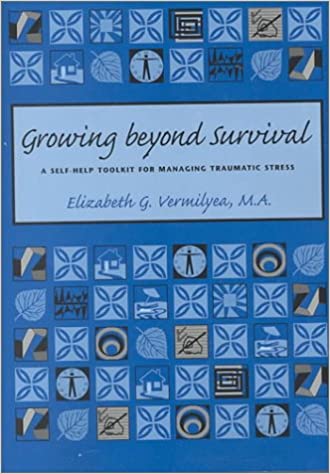
A great book for helping clients learn and practice the self-regulation skills essential to recovering from child abuse. It’s particularly good on dealing with dissociative symptoms. As Mike Lew says, “This is one of the best – a clear, thoughtful workbook… Vermilyea is a genuine ally, providing concrete explanations and specific reasons for everything she suggests. [It] should be on the bookshelf of every professional who works with survivors [of child abuse].”
A great book for helping clients learn and practice the self-regulation skills essential to recovering from child abuse. It’s particularly good on dealing with dissociative symptoms. As Mike Lew says, “This is one of the best – a clear, thoughtful workbook… Vermilyea is a genuine ally, providing concrete explanations and specific reasons for everything she suggests. [It] should be on the bookshelf of every professional who works with survivors [of child abuse].”
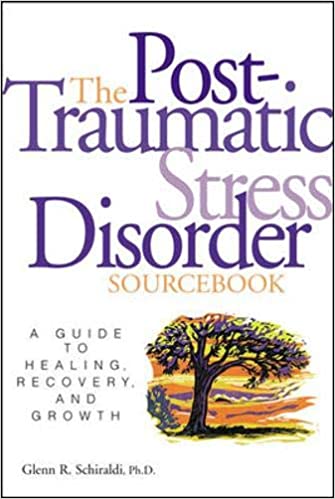
Comprehensive book with a wealth of helpful information, including explanations of post-traumatic stress disorder and related problems, and many great techniques for managing trauma-related emotions, memories and various other symptoms and problems commonly struggled with by men who experienced sexual or other forms of abuse as children.
Comprehensive book with a wealth of helpful information, including explanations of post-traumatic stress disorder and related problems, and many great techniques for managing trauma-related emotions, memories and various other symptoms and problems commonly struggled with by men who experienced sexual or other forms of abuse as children.
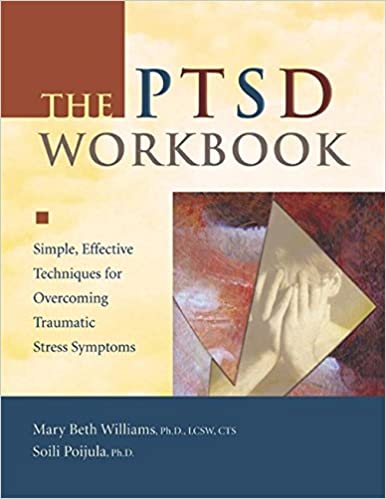
A very practical self-help book, with many great techniques for managing not only symptoms and problems associated with PTSD but also ‘Complex PTSD,’ which may result from extreme and long-term childhood trauma including sexual, physical and emotional abuse by parents or other caregivers.
A very practical self-help book, with many great techniques for managing not only symptoms and problems associated with PTSD but also ‘Complex PTSD,’ which may result from extreme and long-term childhood trauma including sexual, physical and emotional abuse by parents or other caregivers.
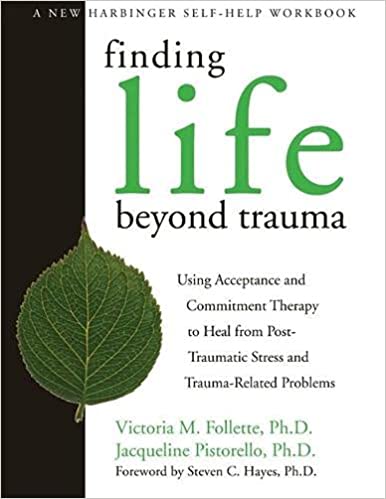
This self-help book is based on Acceptance and Commitment Therapy, which uses mindfulness and acceptance of symptoms and suffering (rather than struggling against them in self-defeating ways) to overcome the effects of trauma, but also has powerful methods for focusing upon, clarifying and increasing your commitment to what you truly value in life.
This self-help book is based on Acceptance and Commitment Therapy, which uses mindfulness and acceptance of symptoms and suffering (rather than struggling against them in self-defeating ways) to overcome the effects of trauma, but also has powerful methods for focusing upon, clarifying and increasing your commitment to what you truly value in life.
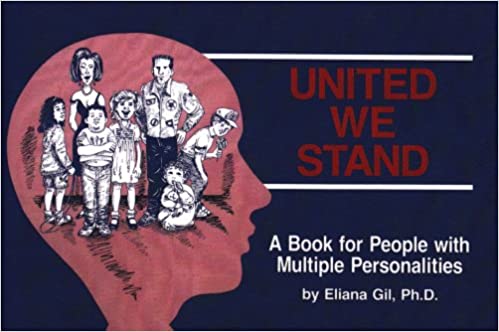
A short (44-page) book for people who suffer from Dissociative Identity Disorder (previously known as Multiple Personality Disorder) and people who care about them. It clearly explains how extreme childhood abuse can lead to such fragmentation of experience and identity into different ‘parts’ that can take over behavior while being very disconnected from each other.
A short (44-page) book for people who suffer from Dissociative Identity Disorder (previously known as Multiple Personality Disorder) and people who care about them. It clearly explains how extreme childhood abuse can lead to such fragmentation of experience and identity into different ‘parts’ that can take over behavior while being very disconnected from each other.